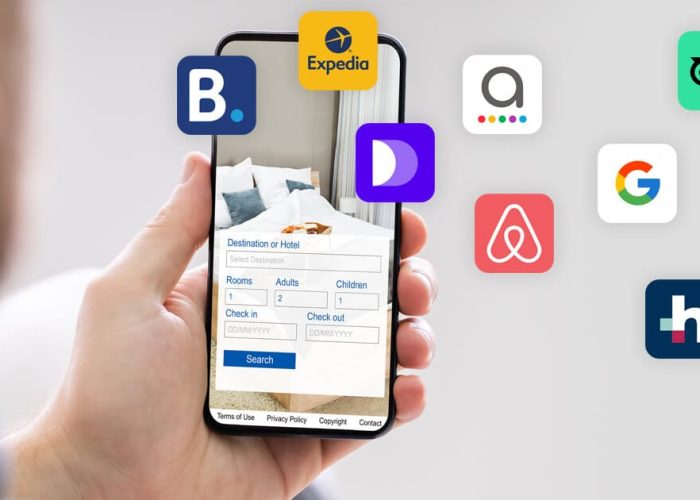For many hotels, the website is the first impression guests get of the property. But here’s the problem: if the site feels slow, outdated, or complicated, guests leave… and book somewhere else (usually on an OTA that takes a big commission).
The good news? You can turn your website into a direct booking engine that keeps revenue in-house. Here’s how:
⚡ 1. Speed is the new luxury
Travelers expect instant results. A website that takes longer than 3 seconds to load increases the risk of abandonment by more than 50%.
👉 Optimize your images, streamline your code, and make sure your hosting can handle traffic spikes during high season.
Extra tip: Regularly test your site’s speed with tools like Google PageSpeed Insights or GTmetrix. Small improvements — like lazy-loading images or compressing files — can make a huge difference in conversion rates.
📱 2. Mobile-first or lose bookings
Over 60% of hotel searches start on mobile. If your site isn’t fully responsive and easy to book on a phone, you’re leaving money on the table.
👉 Test your booking flow on different devices. Guests should be able to book a room in just 3 taps.
Extra tip: Consider a mobile-specific booking widget or sticky “Book Now” button to simplify the path even further. Hotels that invest in mobile UX see significantly higher direct conversion rates.
🔗 3. Seamless booking engine
Your booking engine should feel like part of your website, not a clunky add-on. Guests notice when design, language, or branding change mid-process. That’s when trust drops — and they bounce to an OTA.
👉 Ensure full integration and a frictionless checkout experience.
Extra tip: Test your booking engine with real users before launching updates. Observing where they hesitate or abandon can reveal small tweaks that dramatically improve bookings.
🏨 4. Build trust with design
Modern travelers judge credibility in seconds. A professional, well-designed website with clear photos, reviews, and policies gives guests the confidence to book direct.
👉 Showcase what makes your hotel unique, but keep the path to booking simple and distraction-free.
Extra tip: Add trust signals like verified reviews, safety measures, and awards. Guests are more likely to book direct when they feel reassured about quality and reliability.
📊 5. Measure & optimize
Don’t guess. Use analytics tools to track where guests drop off and test improvements. Even small changes (like adjusting button color or simplifying forms) can increase conversions.
Extra tip: Set up A/B testing for headlines, images, and CTAs. Over time, this data-driven approach will maximize direct bookings without costly guesswork.
🚀 The bottom line
Your website should be more than a digital brochure — it should be your hotel’s most profitable sales channel. By improving speed, mobile experience, booking flow, and design, you can stop guests from booking elsewhere and grow your direct reservations.
Extra tip: Even incremental improvements can have a big impact on revenue. Start with the biggest pain points first and gradually optimize every step of the booking journey.
👉 Want to see how? Get a free website audit

